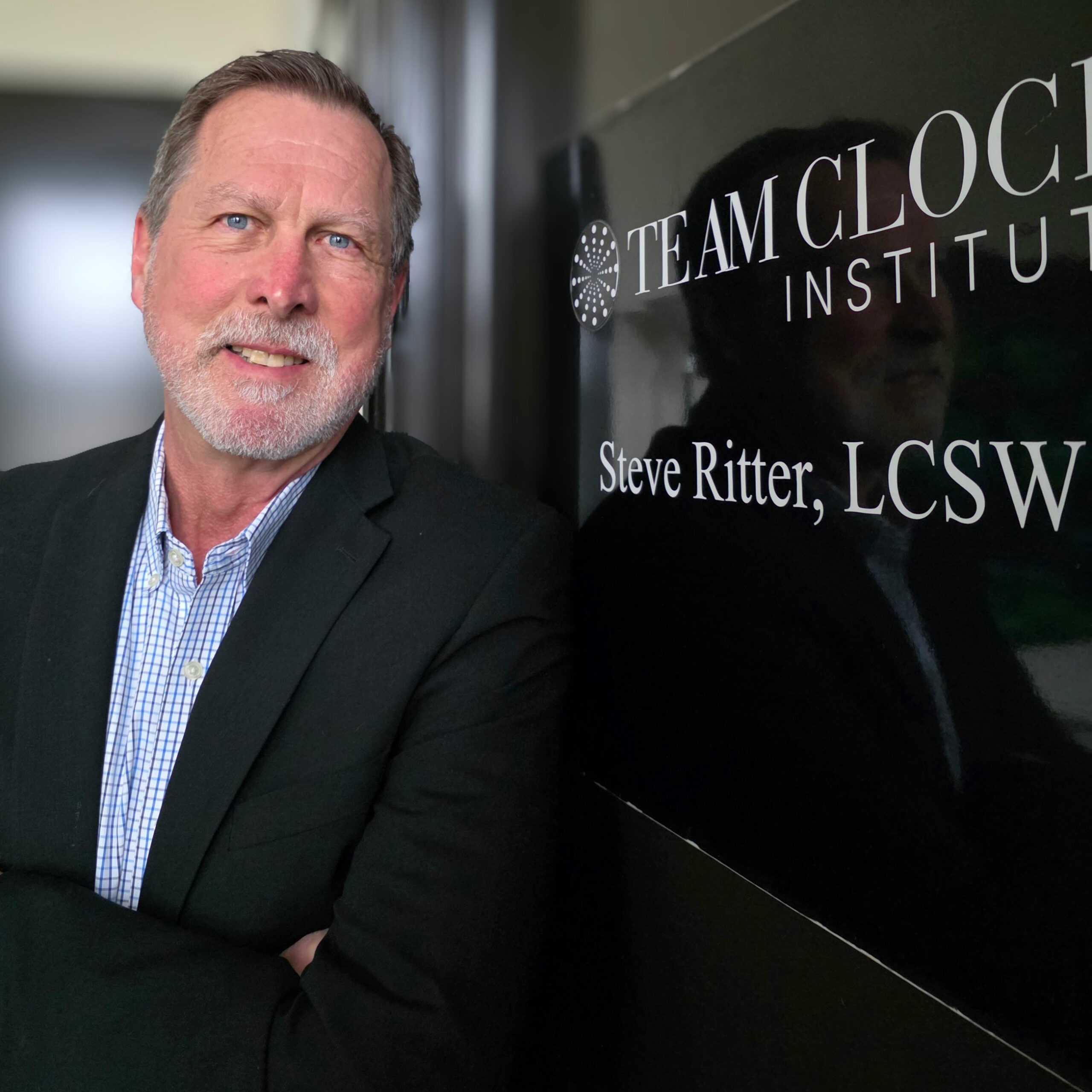Multiple choice. What would you do with each scenario? Each option has longer term consequences beyond the immediate response to the challenge. Sometimes, that’s the decision: immediate relief versus lasting lesson.
Scenario #1
The challenge: It’s time to leave for school and your daughter refuses to wear the shoes you’ve selected.
Your options:
- Hold firm and brace yourself for a fight.
- Give in. Don’t sweat the small stuff.
- Threaten some delayed consequence if she doesn’t comply and hope she gives in.
Scenario #2
The challenge: The dinner you prepared (healthy) is met with protests from the kids. They are demanding an alternative (less healthy) or else refusing to eat.
Your options:
- Scramble to put a frozen pizza in the oven.
- Craft a lecture about the vicissitudes of healthy eating.
- Let them go hungry.
Scenario #3
The challenge: Your son times his tantrum with the arrival of your house guests. He insists on going to a friend’s house, which you’ve already nixed.
Your options:
- Let him go and save face with your guests.
- Hold the line and endure the embarrassment of your guests judging you as a bad parent.
- Provide an alternative version of entertainment that is better than hanging with friends.
Millennial parents have different priorities than their Boomer parents taught. Often, that’s the vibe of generational transitions – improve upon the experience of your family-of-origin. Of all the species on the planet, human lifespans have evolved to enable grandparent insight while the little ones are still little. Yet, the advice and guidance of the elders is not always relevant or welcomed.
What’s your scenario? How would your parents have handled it? Why would you manage it differently? Down the road, how would you imagine your kids will handle it when it’s your grandkids acting up?
Everything cycles.

About the Author
Steve Ritter, LCSW is the Founder and Executive Director of Elmhurst Counseling. He has served as a teacher, author, consultant, human resources director, health care administrator, and licensed clinical social worker since 1977. A fellow of the American College of Healthcare Executives, Steve has provided coaching, therapy and team development services to thriving schools, businesses and organizations.

